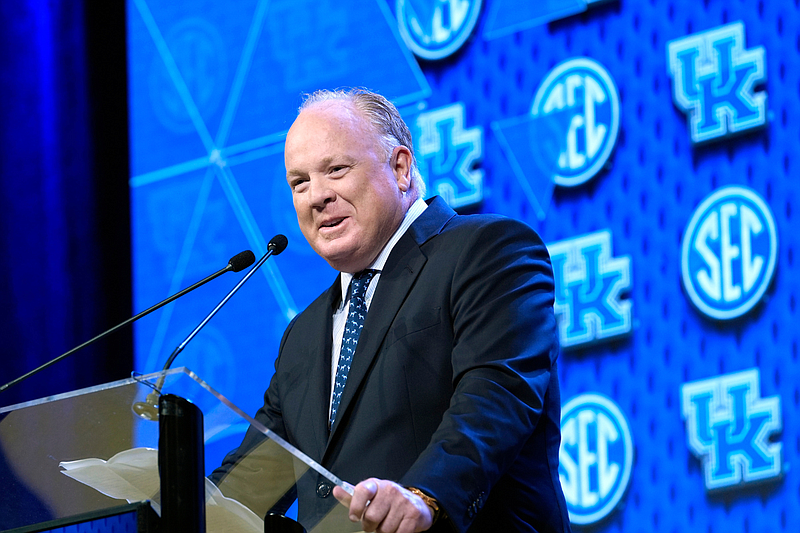Tampering and Other Key Issues Discussed at SEC Spring Meetings in Destin, Florida
The Southeastern Conference (SEC) Spring Meetings in Destin, Florida, have concluded, bringing together coaches, athletic directors, and conference officials to address pressing issues facing college football. Among the myriad topics discussed, tampering emerged as a significant concern, with Kentucky’s head coach, Mark Stoops, actively participating in the conversations.
Tampering, the illegal recruitment of players from other programs, has become more prevalent with the advent of the NCAA’s transfer portal and Name, Image, and Likeness (NIL) agreements. Coaches from various SEC schools have expressed frustration over the difficulty in policing such activities and the lack of effective penalties. Stoops, along with other SEC coaches, emphasized the need for stricter regulations and enforcement to maintain the integrity of the sport.
In addition to tampering, the SEC coaches discussed the possibility of implementing injury reports to enhance transparency, especially with the rise of legalized sports betting. While some coaches, including Stoops, expressed support for such measures, others raised concerns about privacy and the potential impact on competitive advantage.
Another topic of discussion was the conference’s scheduling format, particularly in light of the upcoming expansion with the addition of Oklahoma and Texas. Stoops and Kentucky’s athletic director, Mitch Barnhart, advocated for maintaining the current eight-game conference schedule, citing its effectiveness in balancing competitiveness and financial considerations, especially with the annual rivalry game against Louisville.
The SEC Spring Meetings also touched upon broader issues such as NIL regulations, officiating standards, and the future structure of the College Football Playoff. While no immediate changes were implemented, the discussions highlighted the conference’s proactive approach to addressing the evolving landscape of college football.
As the college football season approaches, the outcomes of these discussions may influence policies and practices within the SEC and potentially set precedents for other conferences. The ongoing dialogue underscores the importance of collaboration and adaptability in navigating the challenges facing modern college athletics.



